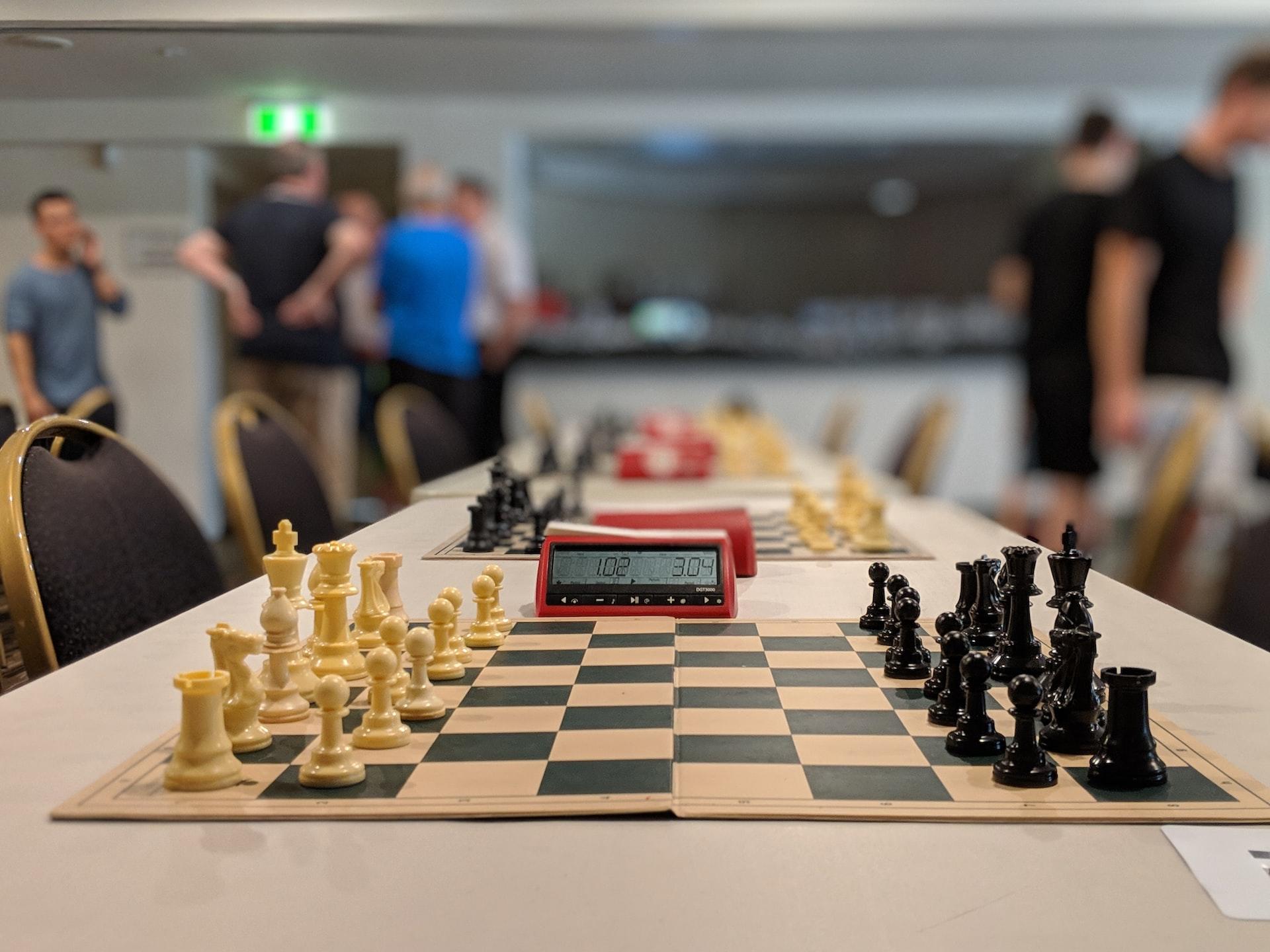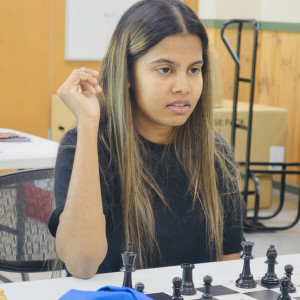For any chess player looking to improve their rating, tournament play is where it all happens. It should be known that you can't get a rating without playing in rating tournaments, but not every tournament is a rated tournament.
Chess tournaments are fascinating and come in all kinds of shapes and sizes so before we start looking at which championships and tournaments are the best in the country, we'll look at different tournament formats and the common rules you'll encounter.
After that, we'll get to see some of the better regional and local tournaments before moving on to the country's biggest tournaments.

Different Types of Chess Tournaments
Much like in tournaments for other sports and games, chess tournaments have different formats. The three main types of chess tournament formats are Swiss, round-robin, and knockout.
Let's see how they work.
Swiss
Some tournaments operate under the Swiss system, which means that there are fewer rounds than in a round-robin tournament and not every player will play against every other player.
The reason that some tournaments use a Swiss system is that it allows for fewer matches when there are too many players and having a round-robin tournament would take far too long.

Players are paired according to their performance in the previous round. In the first round, where this wouldn't be possible, they are often paired based on their rating (find out how to get yours).
It should be known that the Swiss system is used a lot in chess but FIDE often technically uses the "Dutch system". All you need to know is that when a tournament says it's Swiss, you won't have to play against every other opponent there.
Round Robin
In a round-robin tournament, every player plays every other player at least once. You may recognise this system from league formats in sports, where a league will use a double round robin with each player or team playing every opponent twice, often home and away.
As chess tournaments are often held in a single location and there's no "home advantage" for players to speak of, the single round-robin format can be used.
It does mean that tournaments will take longer or will have fewer competitors. However, this is a useful format as you can more comfortably say who is the outright winner as their overall performance had them face every other opponent.
Elimination
An elimination tournament is when players are eliminated from the tournament following a loss. The advantage of this tournament format is that you can have more competitors compete in a shorter space of time.
An elimination format also allows for more excitement as unlikely results and high-profile matching can eliminate higher-rated players from the tournament and allow lower-rated players to shine by reaching the later stages of the tournament.
When these types of tournaments use a fixed bracket, an easier route to the final may appear and give some players an unfair advantage on their way to the later stages of the tournament.
In any case, there are pros and cons for each tournament system, but it's really up to each tournament organiser to decide which works best for them.
Rules for Australian Chess Championships and Tournaments
Chess tournaments also have a specific set of rules and while each tournament has its own specific rules, the general rules for tournament play are pretty universal and can take getting used to if you're a casual chess player.
Record Your Moves
In pretty much every tournament, you'll have to record your moves. This is useful in terms of disputes and you should make sure you know how to do this well.
A poor record of your moves could cost you a game in terms of a dispute. The record of your moves is your safety net when it comes to disagreements and is a non-negotiable requirement of tournament play.
Similarly, you have to record the result of the match. If you're in doubt, it's always a good idea to check with the tournament's organisers to avoid any unwelcome surprises, but once you've attended a few tournaments, you'll start getting the hang of all this.
Touch Move Rule
In chess tournaments, the touch move rule basically means that you have to move the piece you touch. Once you've touched a certain piece on the board, you've committed to playing your next move with it.
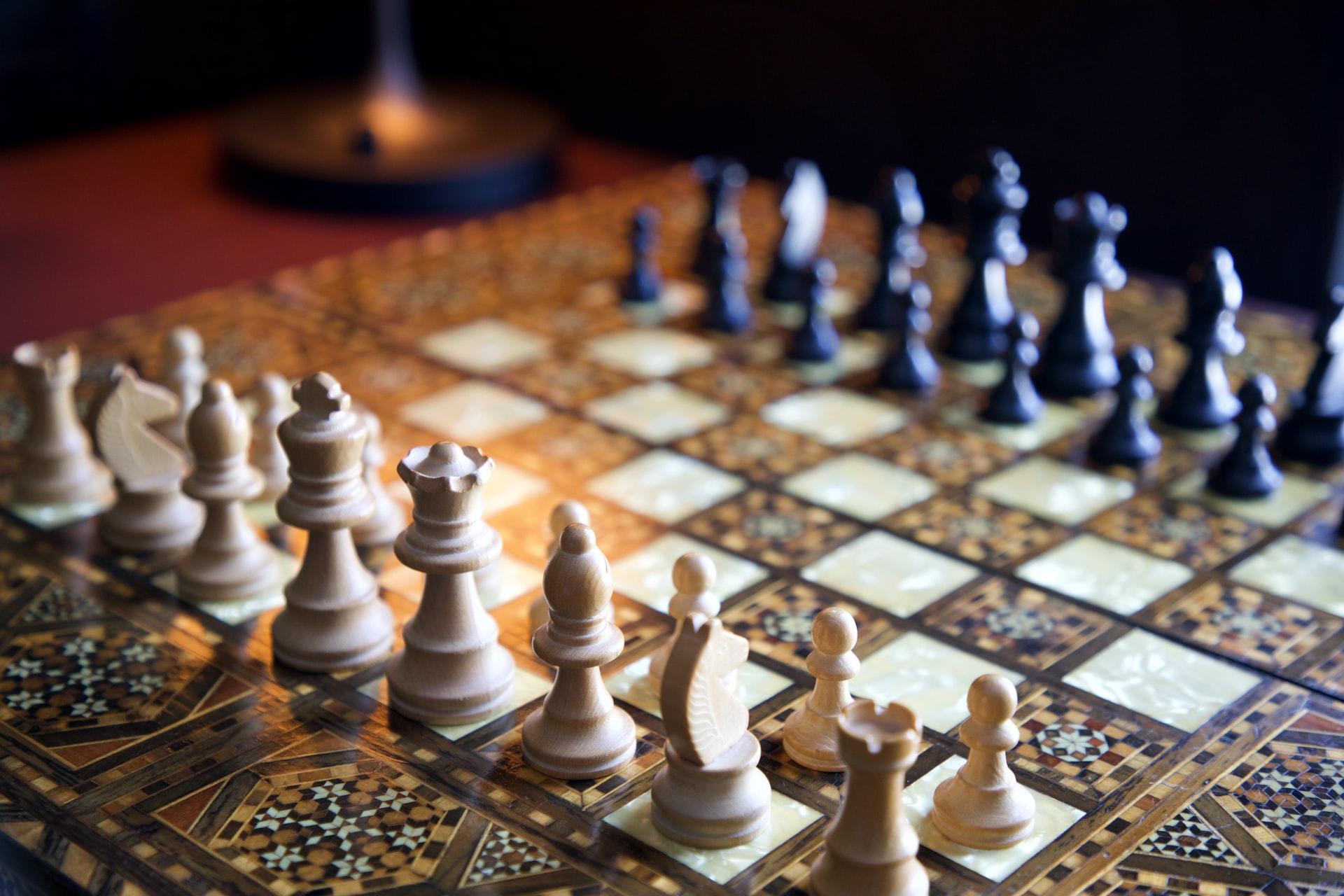
Generally, this is just to stop casual or novice players from picking up pieces and putting them back down as they think through their moves. After a bit of practice, players will get used to not touching any of the pieces before they move.
Accidentally touching a piece, however, is not part of this rule. Brushing against a piece as you reach for another, for example, doesn't count. Similarly, you can also adjust pieces on the board if they're poorly or incorrectly placed, but it's always a good idea to tell your opponent before you do and ensure they're OK with it.
Use the Clock
In tournament play, you'll have a chess clock. You have to use this once you've made your move and you have to use the same hand that you use to move the pieces. It's a good idea to practise this at home, too.
Using a chess clock at home is also a good way to train as you'll get used to playing to a time limit.
Top Australian Chess Tournaments
Now you know a bit about chess tournaments and how they work, here are some of the biggest and best tournaments held across Australia.
Like in other sports and games, tournaments are generally more prestigious if they cover a broader geographical area. A championship for a town isn't usually as good as a state championship and a state championship isn't usually as prestigious as the national championship and so on.
In any case, if you're very good or just looking for a good tournament, these ones are among the best in the country.
NSW Open
The NSW Open is a chess tournament that's currently limited to a maximum of 150 players with a prize pool of $8,750. However, there are also entry fees of around $100, but these can go up to $175 for late entries (provided the tournament hasn't reached capacity).
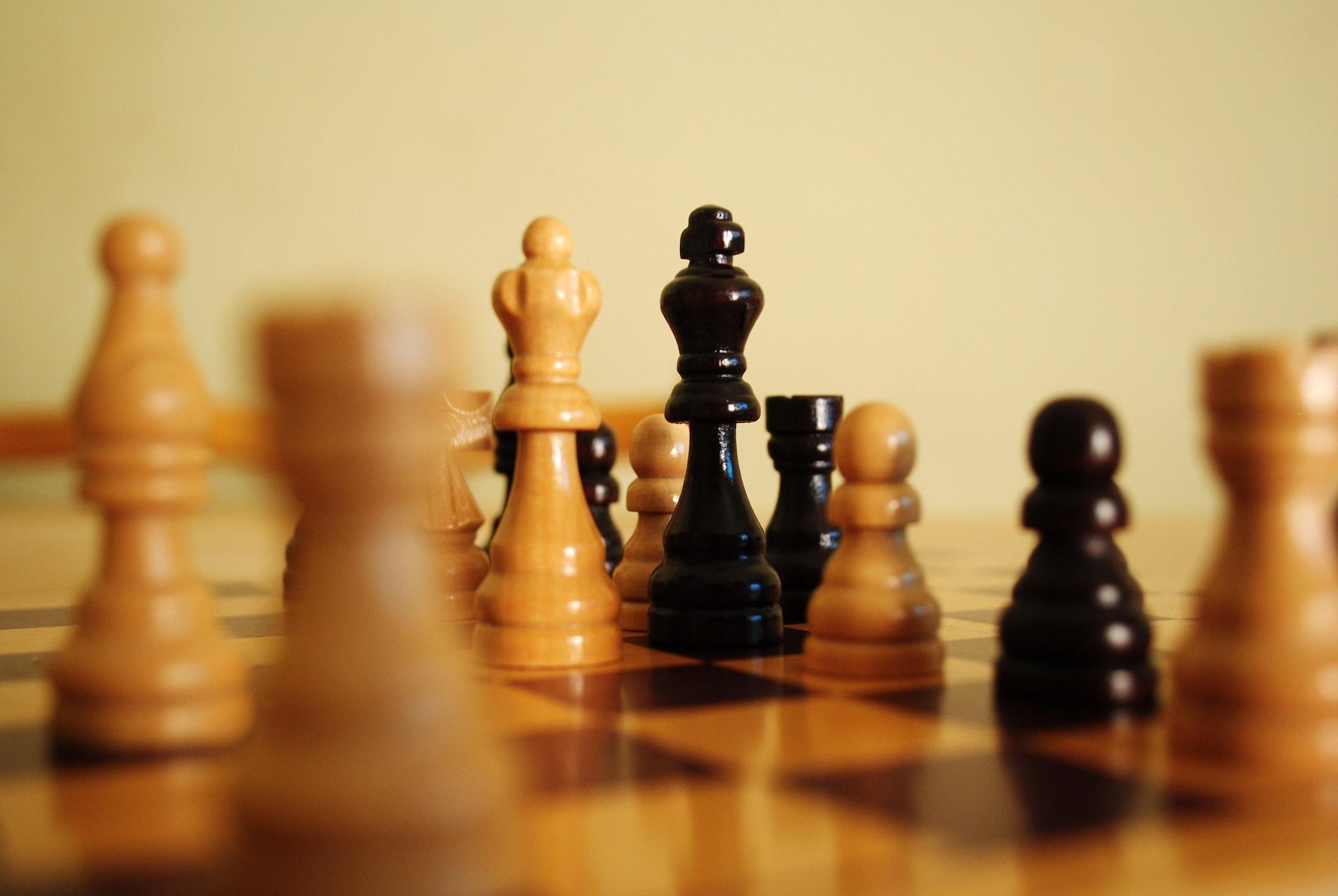
Over the three days of the tournament, which usually takes place in June, players of all levels from around Australia compete to be the champion.
The tournament is split into two divisions with a Minor Division for players with a rating of less than 1600, making it a great tournament for those new to chess to attend.
Of course, you may still see some of Australia's best at the tournament and last year's winner was none other than Junta Ikeda, who we included in our top 10 Australian chess players list.
Australian Junior Chess Championship
This chess tournament is organised annually by the Australian Chess Federation and, as the term “junior” indicates, is only open to players under the age of 18.
Many of the top-rated Australian players won this tournament on the way to chess stardom including some of our top 10 players such as Justin Tan, Zong-Yuan Zhao, Moulthun Ly, Bobby Cheng, and Anton Smirnov. If we're ever to revisit our list, you can bet that a future winner of this tournament will probably be in it.
Australasian Masters
The Australasian Masters chess tournament is held in Melbourne and has been since the late 80s. This is a round-robin tournament limited to 10 players.
It's Australia's only round-robin Grandmaster tournament and the most recent winner was Anton Smirnov, who we considered to be Australia's best-ever chess player.
Australian Chess Championship
The Australian Chess Championship takes place once every two years and is organised by the Australian Chess Federation.
The tournament is made up mostly of Australian players but some excellent foreign players have also been allowed to compete.
Australian Open
In the years between the Australian Chess Championship, the Australian Open Championships take place. This is a tournament event that's open to any player (hence “Open”) of any nationality and any level.
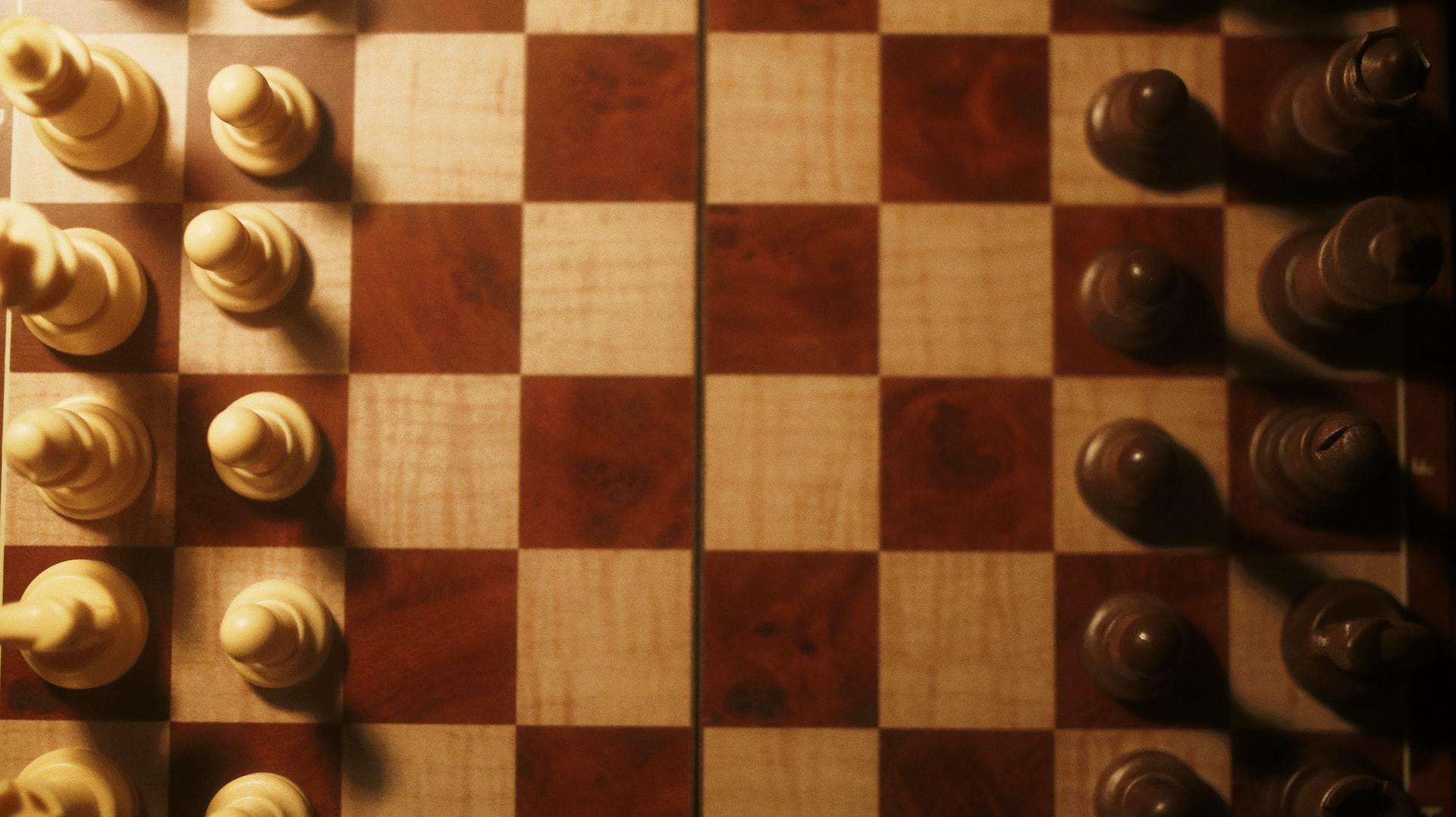
In 2023, this tournament will be run by the Chess Association of Western Australia from the 2nd to the 10th of January 2023. At the same time, there'll also be the Australian Minor, a tournament with a similar structure for players rated below 1500.
Doeberl Cup
While the Australian Chess Championship probably sounds like Australia's biggest chess tournament, for many, the Doeberl Cup is arguably the best and regularly attracts more players than the Australian Chess Championship.
It's been held every year in Canberra since 1963 (though the 2020 edition was cancelled due to the Coronavirus Pandemic). The Doeberl Cup is held over Easter
Ian Rogers is famously the tournament's most decorated player with 12 wins and the only reason he wasn't in our top 10 greatest Australian chess players is that he's no longer considered an active player.
These aren't all the chess tournaments in Australia and there are plenty of state-level tournaments that we couldn't include, but these are certainly ones to look out for, especially if you're interested in seeing the country's best players.
Summarise with AI:

